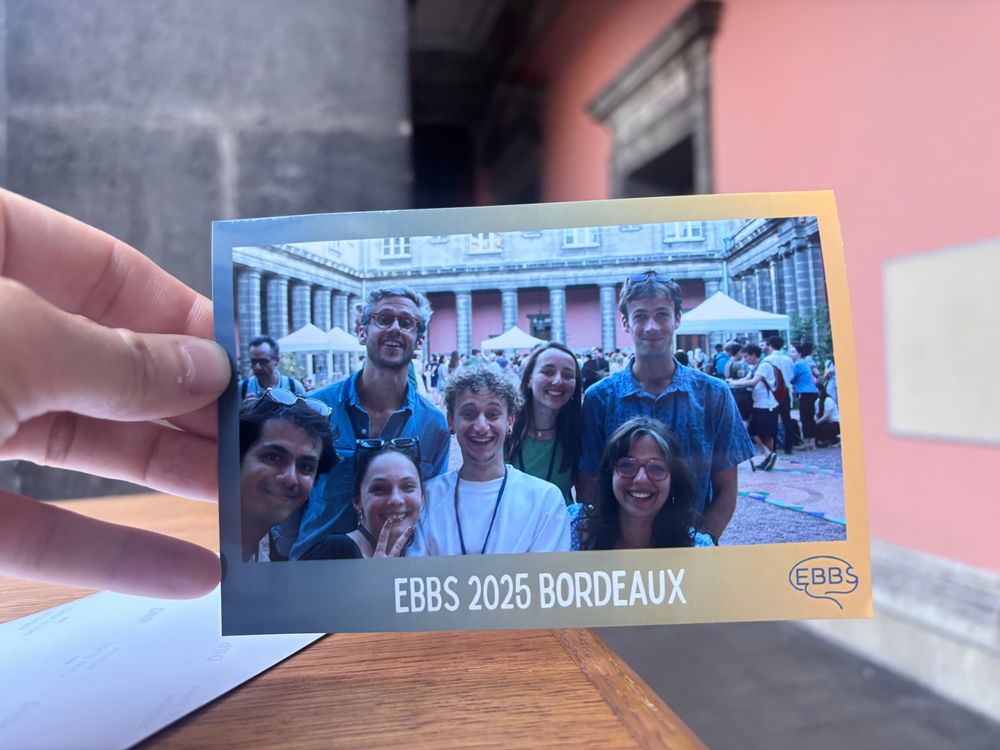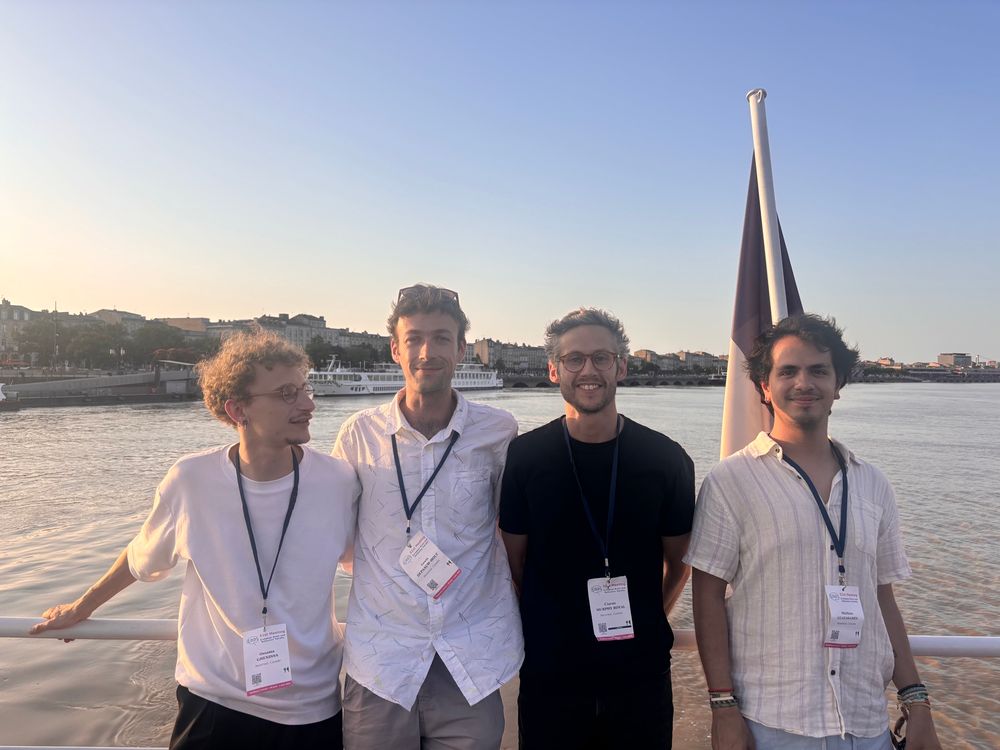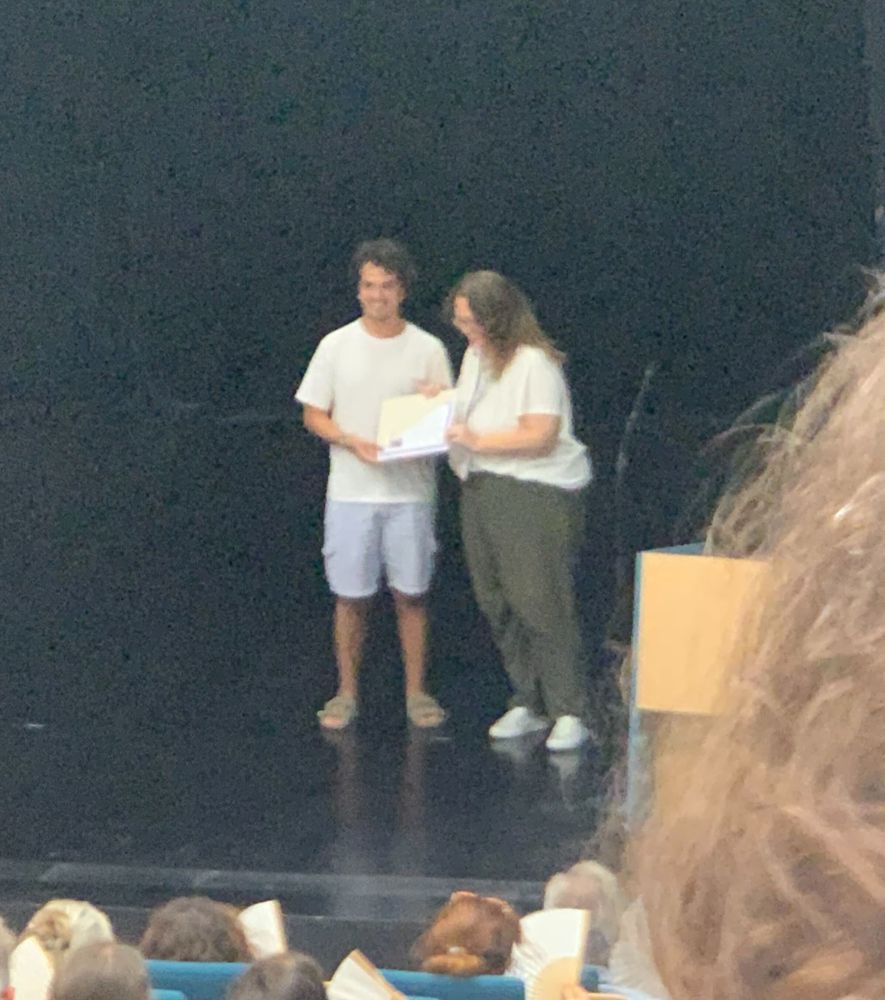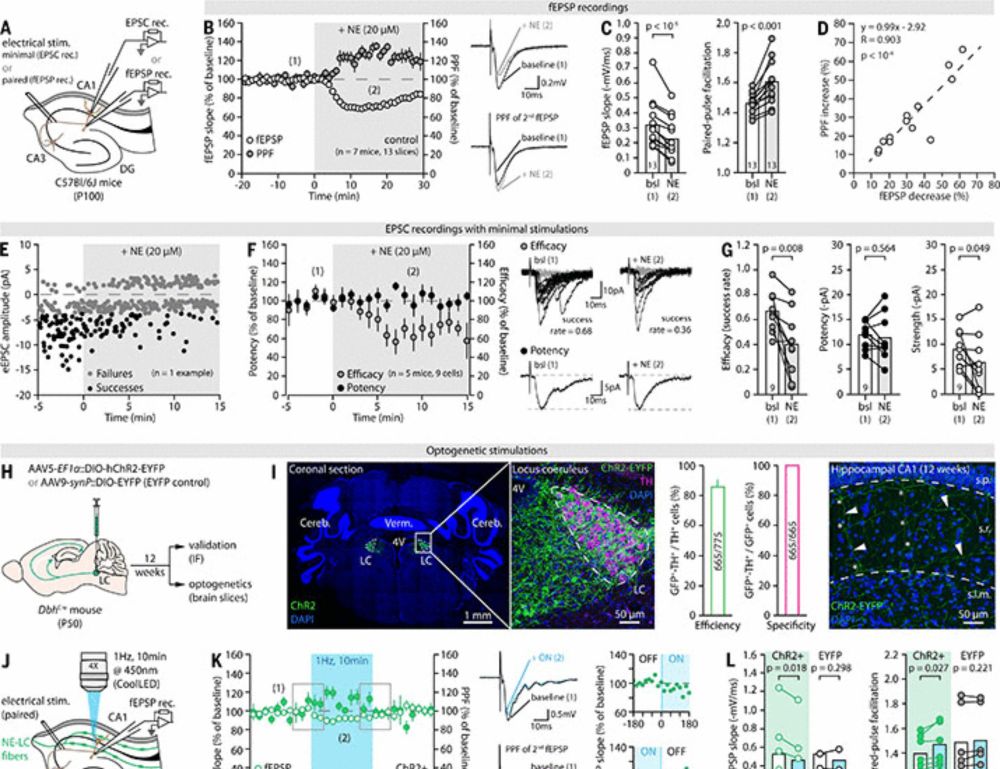Thrilled to have received my first ever poster prize last week at EBBS2025 in Bordeaux 🏄♂️! Cherry on top was that I actually did my master’s in Bordeaux a few years ago and saw many friendly faces during that (VERY) hot week.
07.07.2025 13:41 — 👍 2 🔁 0 💬 0 📌 0
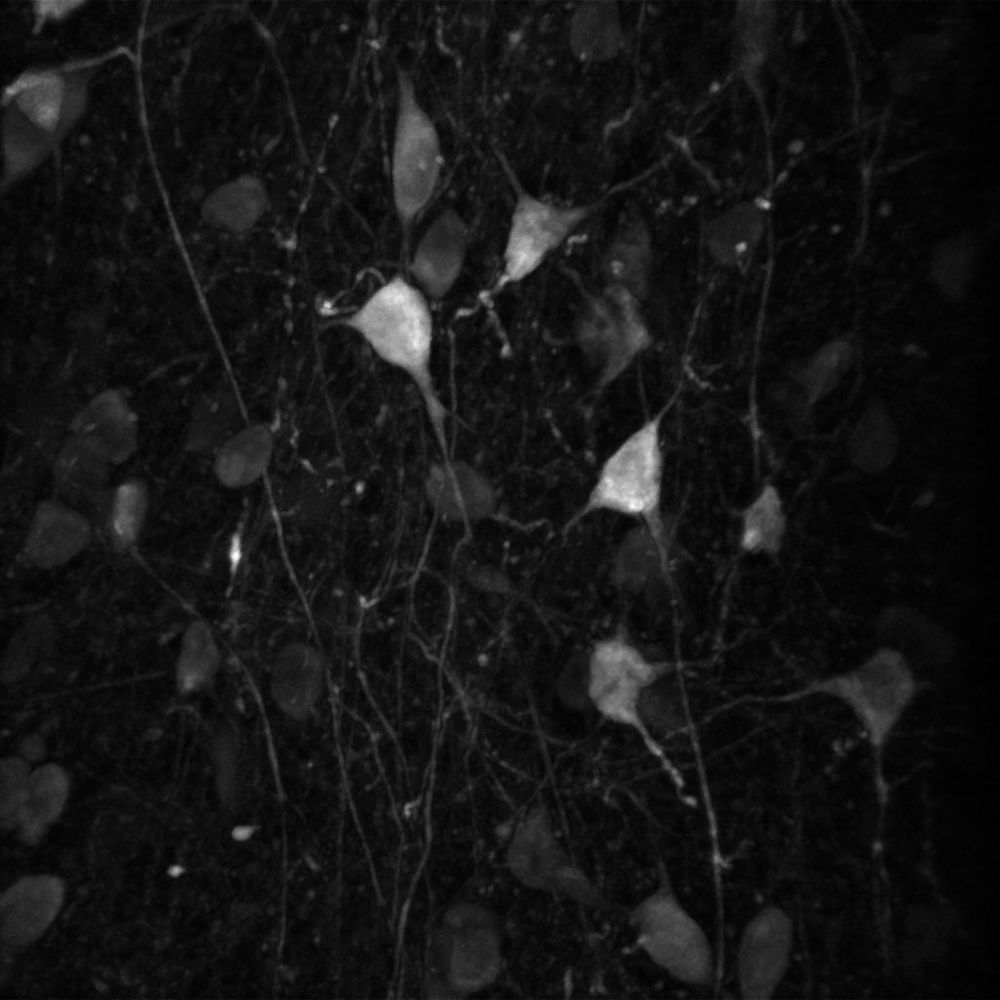
#fluorescencefriday
picture I took a few months ago with our 2P of pyramidal neurons in the lateral amygdala expressing a lactate sensor 👽
title: Paths of fear
06.06.2025 15:25 — 👍 22 🔁 2 💬 0 📌 0
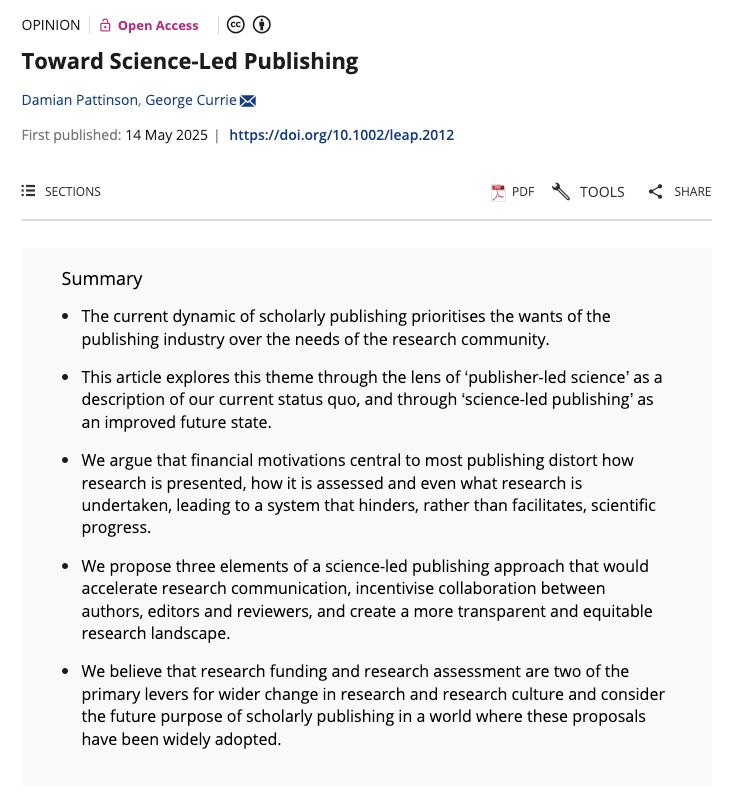
Screenshot of article summary of: Toward Science-Led Publishing
by Damian Pattinson, George Currie
published as an opinion piece, in Learned Publishing
Summary
The current dynamic of scholarly publishing prioritises the wants of the publishing industry over the needs of the research community.
This article explores this theme through the lens of ‘publisher-led science’ as a description of our current status quo, and through ‘science-led publishing’ as an improved future state.
We argue that financial motivations central to most publishing distort how research is presented, how it is assessed and even what research is undertaken, leading to a system that hinders, rather than facilitates, scientific progress.
We propose three elements of a science-led publishing approach that would accelerate research communication, incentivise collaboration between authors, editors and reviewers, and create a more transparent and equitable research landscape.
We believe that research funding and research assessment are two of the primary levers for wider change in research and research culture and consider the future purpose of scholarly publishing in a world where these proposals have been widely adopted.
Does publishing serve science or is science serving publishing?
Damian Pattinson and I (@elife.bsky.social) argue scientific publishing has evolved into a system that, rather than facilitate scholarly communication, distorts and dictates it.
onlinelibrary.wiley.com/doi/10.1002/...
#OpenScience
19.05.2025 14:52 — 👍 72 🔁 40 💬 4 📌 8
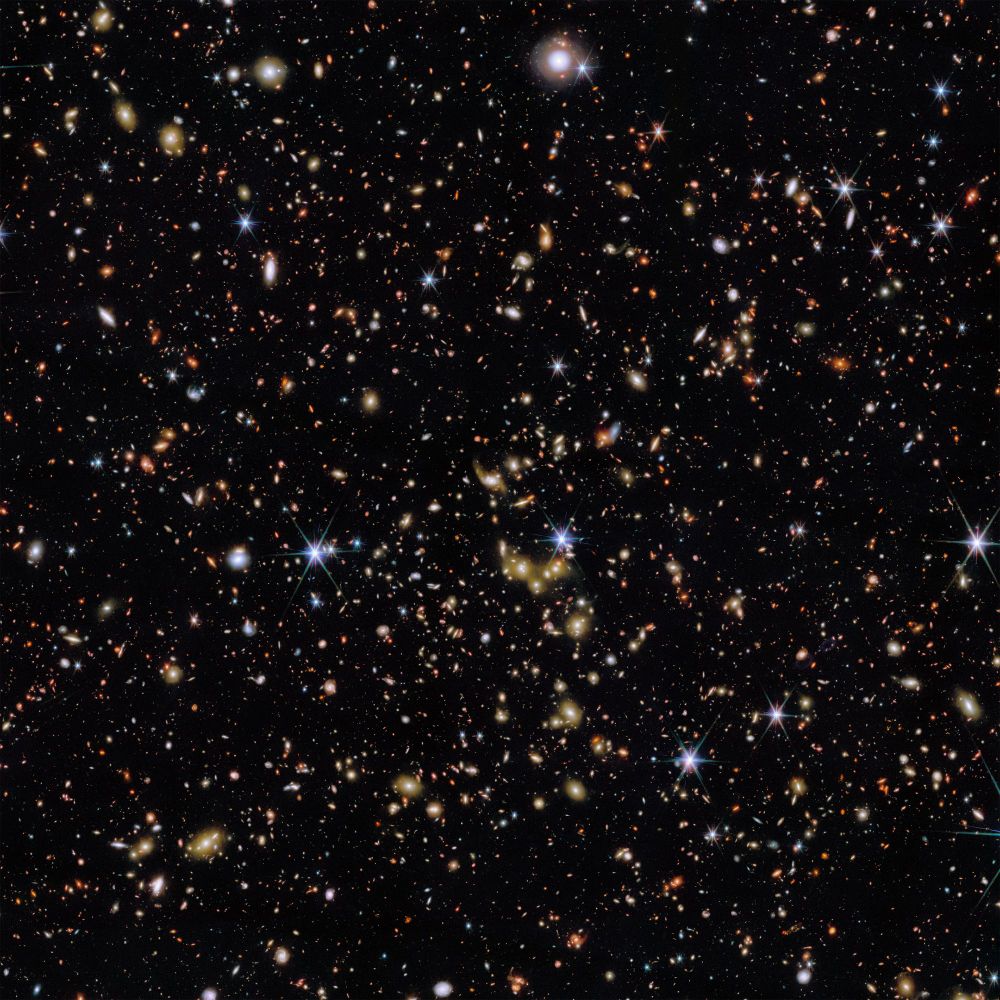
This is a new image from #JWST.
The bright points with spikes are stars in the Milky Way.
Everything else is a galaxy.
Everything. Else. Is. A. Galaxy.
29.04.2025 18:47 — 👍 18989 🔁 4048 💬 625 📌 475
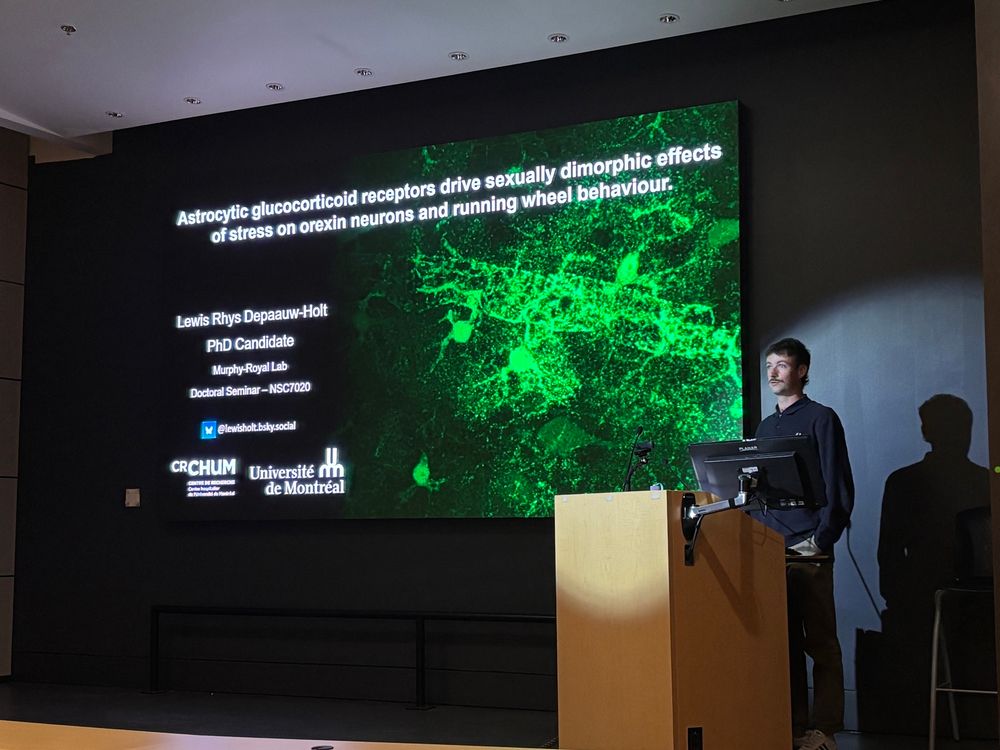
Great seminar from @lewisholt.bsky.social today at the @crchum.bsky.social !
Part of the ‘exit seminar’ as he closes in on the finish line of his PhD 🥲
29.04.2025 14:27 — 👍 10 🔁 2 💬 0 📌 0
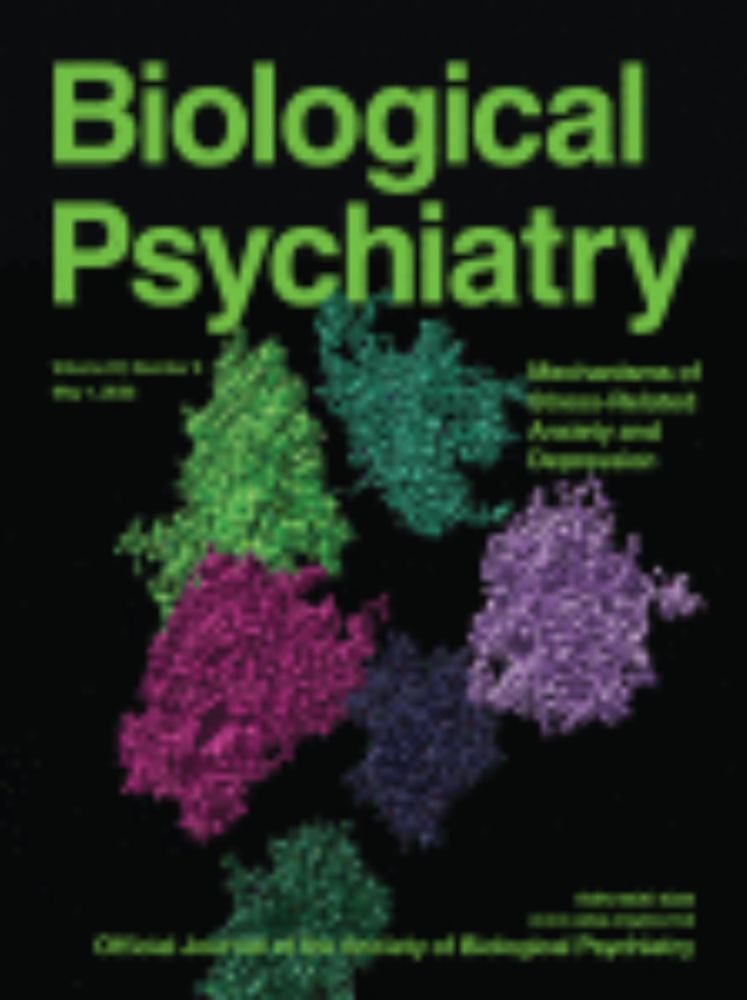
Astrocytic CREB: The Hidden Driver of Stress Susceptibility
Happy to share the commentary "Astrocytic CREB: The Hidden Driver of Stress Susceptibility" @mathiasgua.bsky.social and I put together for Biological Psychiatry www.sciencedirect.com/science/arti...
09.04.2025 10:46 — 👍 20 🔁 8 💬 1 📌 1
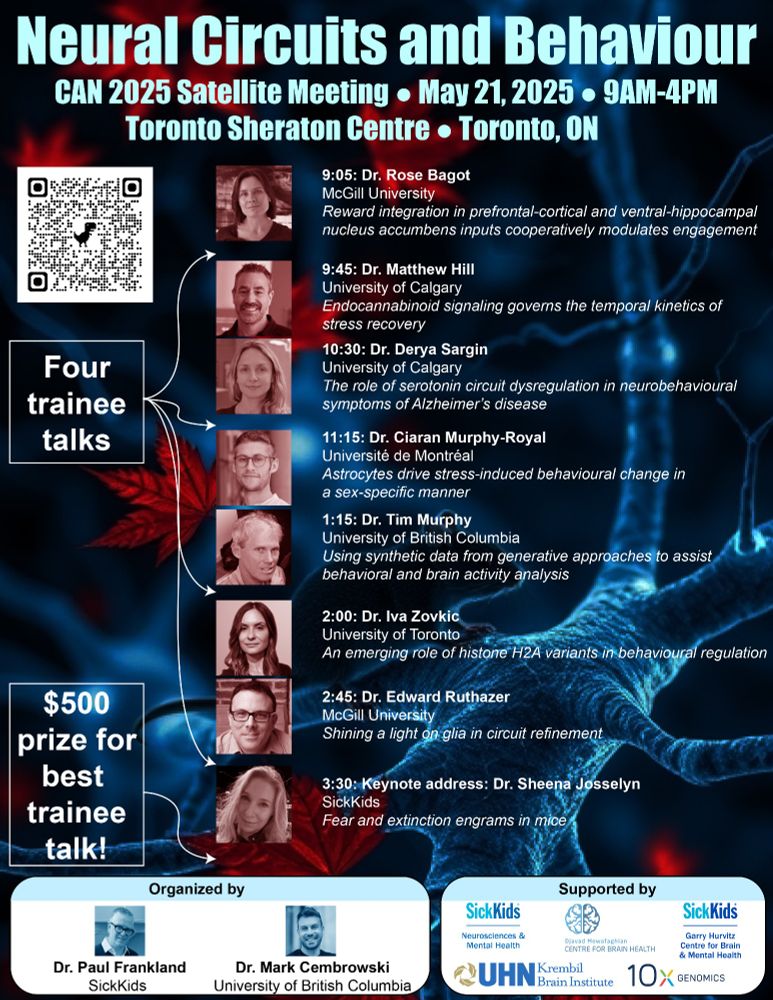
Program for the "Neural Circuits and Behaviour" CAN 2025 satellite is now available! We have a great day planned, and are especially looking for trainees to join the event - we'll select four trainees for talks, with a prize for best trainee talk. Details: www.eventbrite.ca/e/neural-cir...
24.03.2025 20:39 — 👍 20 🔁 8 💬 1 📌 0
Thank you!!! This is from a wildtype c57/b6 that we injected with a lckGCaMP6 viral vector.
14.02.2025 19:37 — 👍 1 🔁 0 💬 0 📌 0
Thank you!!!! This is a calcium sensor so all the flashes we see are calcium events. This is in an acute brain slice :)
14.02.2025 19:36 — 👍 1 🔁 0 💬 1 📌 0
#FluorescenceFriday
Title: Solar Flare
Lateral amygdala astrocyte going about its daily routine
14.02.2025 16:35 — 👍 16 🔁 2 💬 1 📌 0
SUPER happy that the newest version of our preprint is finally sailing the seas on biorxiv 🤩
Quite a journey where we explored the impact of early-life-stress on fear memory specificity, neuronal circuits in the lateral amygdala and the astrocytes that regulate them 🌟
10.12.2024 01:23 — 👍 8 🔁 1 💬 0 📌 0
I was wondering about the absence of glasses!
05.12.2024 22:47 — 👍 1 🔁 0 💬 1 📌 0
iBiology is a REMARKABLE and under-utilized resource for learning from some of the pioneers of microscopy--these videos are suitable for undergraduate classes or experts 🧪
17.11.2024 00:19 — 👍 183 🔁 42 💬 10 📌 3
#FluorescenceFriday
2-photon calcium imaging recording from a magestic astrocyte.
Title: twinkle twinkle little star
15.11.2024 16:56 — 👍 39 🔁 4 💬 2 📌 0
NYU PostDoc (Liddelow/Chao) and Leon Levy Fellow in Neuroscience studying ⭐astrocyte⭐ networks! Formerly @ Vanderbilt. Neurodegeneration, visual system, gap junctions, glia, and all things microscopy. MelCooperPhD.com
The goal of the Club is to gather the community of researchers and students working on all types of glial cells (astrocytes, microglia, oligodendrocytes, Schwann cells, tanycytes…), in the central or peripheral nervous system.
The world's largest congress of scientists and researchers working on glial cells.
Network Glia e. V. | www.networkglia.eu | GLIA 2025 | www.glia2025.eu
˙✧˖ pues un día nací y aquí sigo.
📷 photo + illustration + crochet ✎ᝰ
ES/EN ☽ ella/she/her and #AuDHD ♾️🦓
🐸 cosas: https://linktr.ee/laurapez
Conception Bioclimatique & Climatologie Urbaine | Docteur en Urbanisme | Spécialiste #microclimat, #ilotdechaleur et #adaptation | clementgaillard.com
We are located in the Barcelona Biomedical Research Park. We want to better understand cell-type specific mechanisms underlying brain physiology and pathology.
Pharmacist and Behavioural Neuroscientist
Senior Researcher at @BGarcialab.bsky.social @researchmar.bsky.social
»Cannabinoids »Astrocytes »Mitochondria »Alzheimer's Disease »Drug Discovery
⚕️🧠🐭🎓 + 👩🏼🎨🎨🖌️ + 🤿🐡🐙 + 🌎✈️🧳
https://orcid.org/0000-0001-8358-4440
Dad. Associate Professor @ ETH Zurich. We study stress, behavior, hippocampus, noradrenaline and the mighty locus coeruleus. We work with mice and focus a lot on 3Rs.
Here to learn, share, laugh and rant.
We're the lab of Dr. Thomas Papouin at Washington University in St Louis. We study all things astrocyte biology, especially in the context of neuromodulation
#OpenScience advocate | AI optimist | writer | eLifer | Oxford, UK
Looking at protists with the eyes of a theoretical neuroscientist.
Looking at brains with the eyes of a protistologist.
(I also like axon initial segments)
Forthcoming book: The Brain, in Theory.
http://romainbrette.fr/
Group leader at the Institute of Neuroscience in Alicante @desantislab.bsky.social 🧠 Travel addicted 🌏 Second-hand fashion lover 🦄 Food blogger when blogs were a thing 🍝
El IN es el mayor centro financiado con fondos públicos dedicado a la investigación del cerebro tanto en condiciones normales como patológicas en España.
Centro de Excelencia Severo Ochoa desde 2014.
https://in.umh-csic.es/es/
Mood & Memory researcher with a computational bent. https://www.nicolecrust.com/ Science advocate. Professor (UPenn Psychology). NEW BOOK: Elusive Cures. https://press.princeton.edu/books/hardcover/9780691243054/elusive-cures
Computational neuroscientist at Imperial College. I like spikes and making science better (Neuromatch, Brian spiking neural network simulator, SNUFA annual workshop on spiking neurons).
🧪 https://neural-reckoning.org/
📷 https://adobe.ly/3On5B29
Neuroscience PhD at Northwestern | Interested in Affective Disorders & Addiction | NIDA F31 Fellow | First-Gen Afro-Latina 🇩🇴| Bronx, NY to Chicago 🗽➡️🌬
Scientific journal publishing research, overview, commentary across all of biology. All of it!
https://www.cell.com/current-biology/home
Part of CellPress
Cutting-edge research, news, commentary, and visuals from the Science family of journals. https://www.science.org
